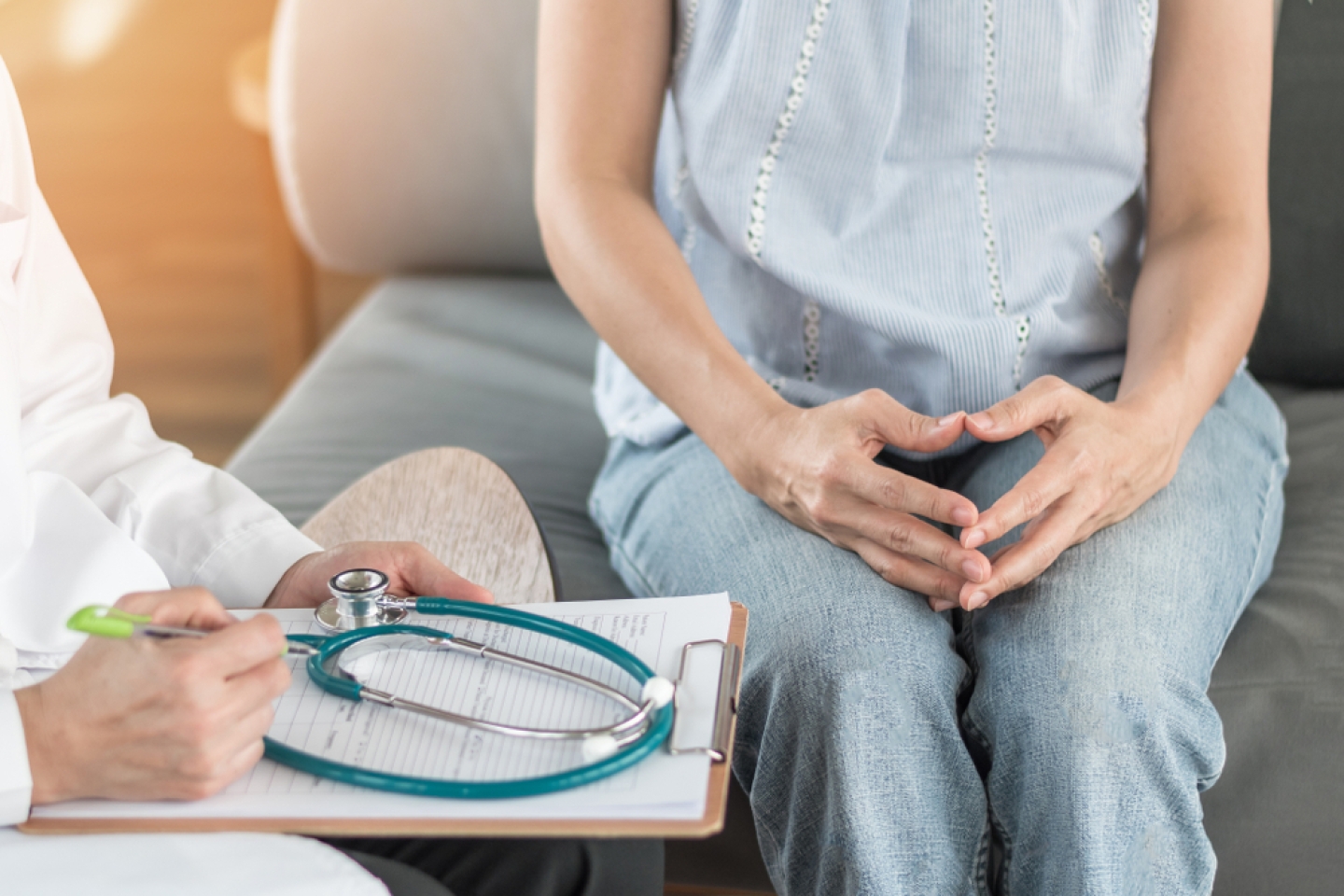
January is Cervical Health Awareness Month, a great time to learn more about how regular gynecological visits, screening tests and preventive vaccines work together to promote cervical health and catch cervical cancer early, or even stop it before it starts.
“I think the best thing to keep a healthy cervix is to maintain routine gynecological visits,” says Evelyn Cantillo, M.D., Gynecologic Oncologist and Assistant Professor of Obstetrics and Gynecology at Weill Cornell Medical College, Cornell University. “Women should establish care with a gynecologist they trust and feel empowered with, listen to their bodies when something is wrong, and should definitely follow recommended surveillance screenings.”
According to the American Cancer Society, cervical cancer was one of the most common causes of cancer death in American women. Today, prevention programs have been highly successful in eradicating this gynecological cancer.
“We have made really big strides with cervical cancer screening,” says Dr. Cantillo. “Over the past 50 years, there has been a 75% decrease in the occurrence and death from cervical cancer due to screening programs. That's incredible.”
But there is still more progress to be made. Currently, cervical cancer is the third most common gynecologic cancer diagnosis in the United States. According to the American Cancer Society, about 14,100 new cervical cancer cases were diagnosed and an estimated 4,280 women died of it in 2022. Because cervical cancer usually develops slowly and often does not produce symptoms until it is more advanced, receiving regular gynecological examinations, recommended screening tests and preventive vaccines are the best defense.
Cervical cancer is one of a number of cancers that can be caused by a viral infection. Human papillomavirus (HPV) is responsible for the vast majority of cervical cancers. In 2014, a vaccine that protects against nine high-risk HPV strains was introduced in the United States. The vaccine, called Gardasil 9, covers about 90% of cancers caused by HPV.
“The HPV vaccination is helping us to further decrease cervical cancer numbers and hopefully, cervical cancer is not the only endpoint,” says Dr. Cantillo. “There are pre-cancerous changes that can occur in the cervix that need to be treated. If we can prevent these precancerous changes, we can hopefully spare some young women from having to undergo procedures on their cervix that could possibly affect their fertility later on.”
The guidelines for HPV vaccinations vary by age:
“The optimal time for HPV immunization or vaccination is prior to the initiation of sexual intercourse,” says Dr. Cantillo. “That actually gives us an amount of response against a potential HPV infection, which can occur through sexual intercourse.”
It is important to note that HPV vaccination is just one component of an effective cervical cancer prevention strategy.
“If you have been vaccinated, you still need to follow the same Pap smear guidelines as someone who has not been vaccinated,” says Dr. Cantillo. “The vaccine is protective against HPV strains. However, nothing is a hundred percent, which is why it's important to ensure that you are following the Pap smear guidelines that have been set.”
The Pap test is a powerful tool to detect cervical cancer early, when it is most treatable. This test involves collecting a sample of cells from the cervix, which are then examined under a microscope for signs of precancerous or cancerous changes.
“Pap smears have completely transformed our ability to catch disease early and prevent unnecessary deaths,” says Dr. Cantillo. “Unfortunately by the time women are having symptoms from cervical cancer, it means that the disease is large enough that we can see it on exam. This is why Pap smears are such a key screening test, because we really can catch the cancer before it gets to that point.”
Your need for Pap testing depends on your age, your medical history, and individual risks for cervical cancer.
Making an annual well-woman gynecological exam a priority can provide a lifetime of wellness benefits. In addition to disease prevention and early detection, your gynecologist understands the unique complexities of the female reproductive system and can provide care for a wide variety of health concerns such as menstrual problems, fertility issues, family planning and pregnancy, menopause symptoms, sexual dysfunction, urinary conditions and pelvic pain.
“The beauty of gynecologic care is that you can go on this journey with a woman throughout the course of her life,” says Dr. Cantillo. “That continuum of care for women is so important. From early in the teenage years, then maybe becoming sexually active, through reproductive age to being postmenopausal. Having a good relationship with your gynecologist goes really far in allowing you to have ownership over your health.”
Discuss cervical health questions with your provider. Find one today.